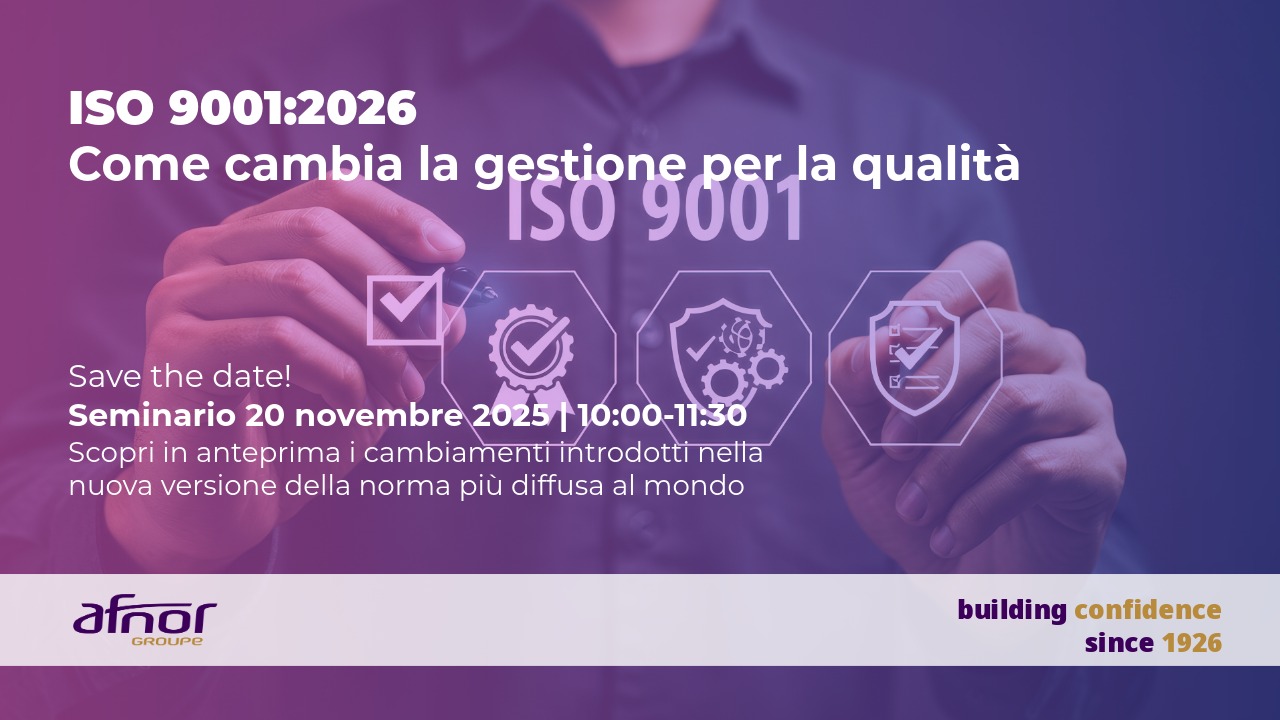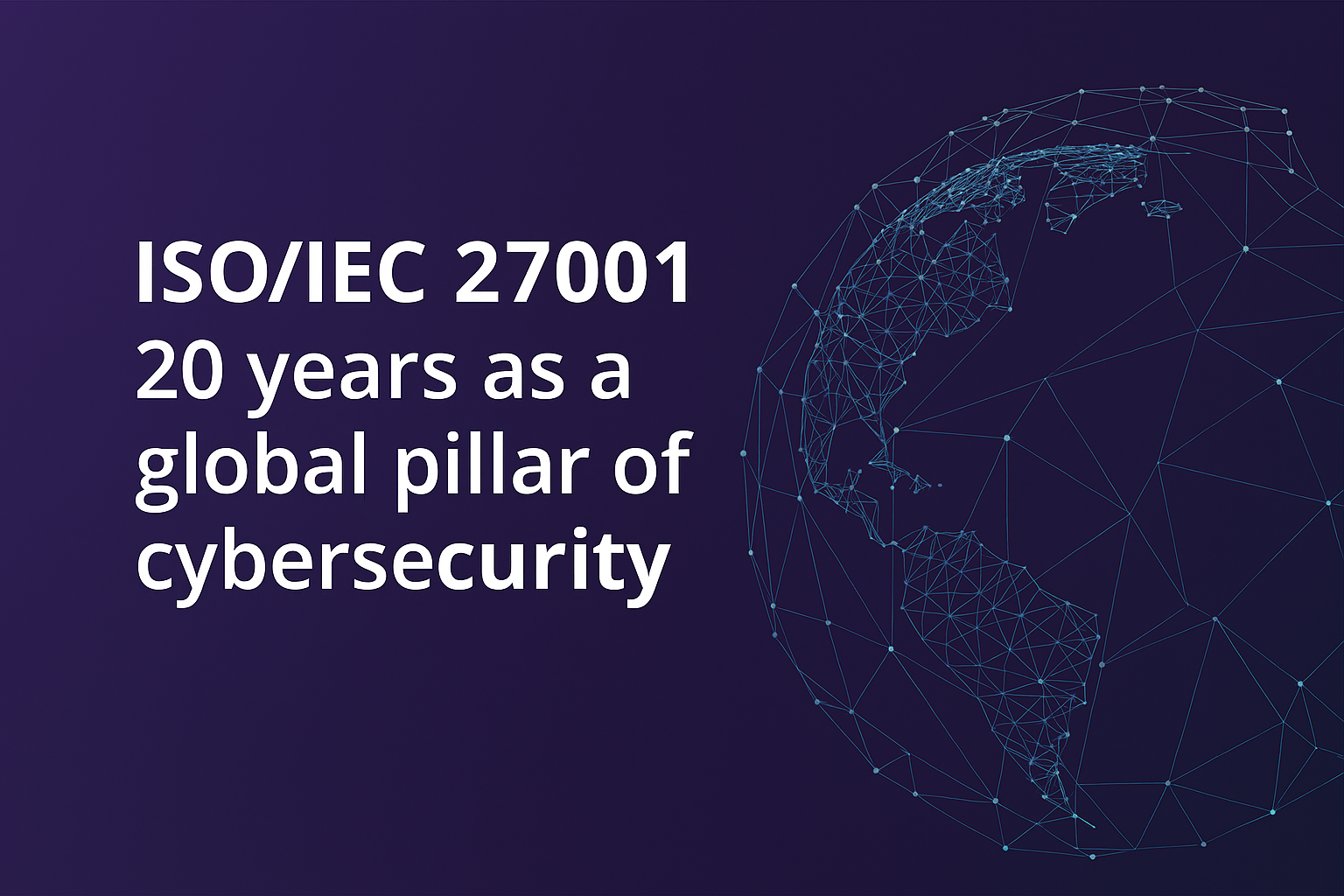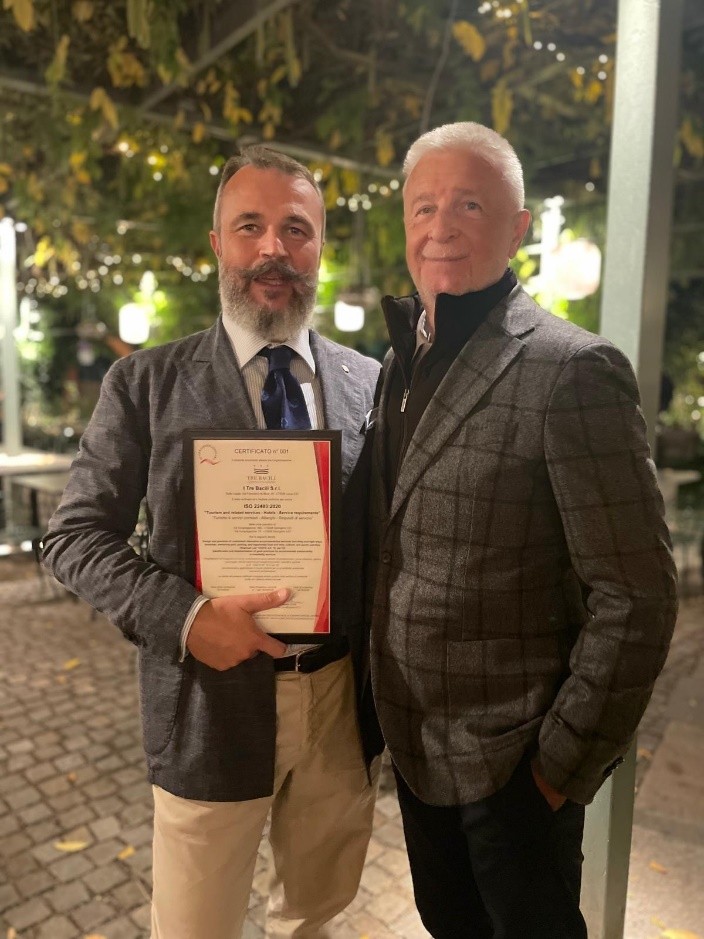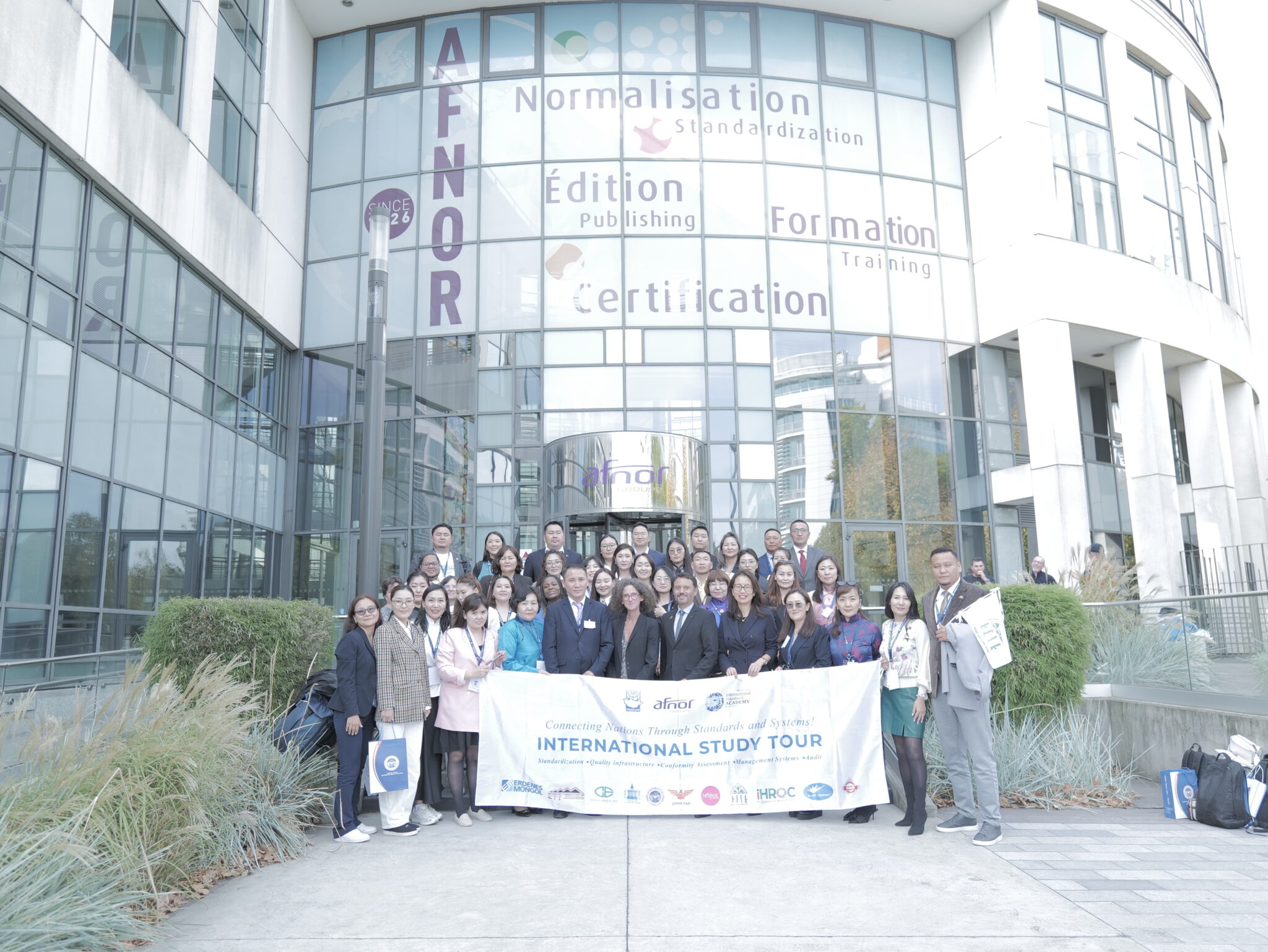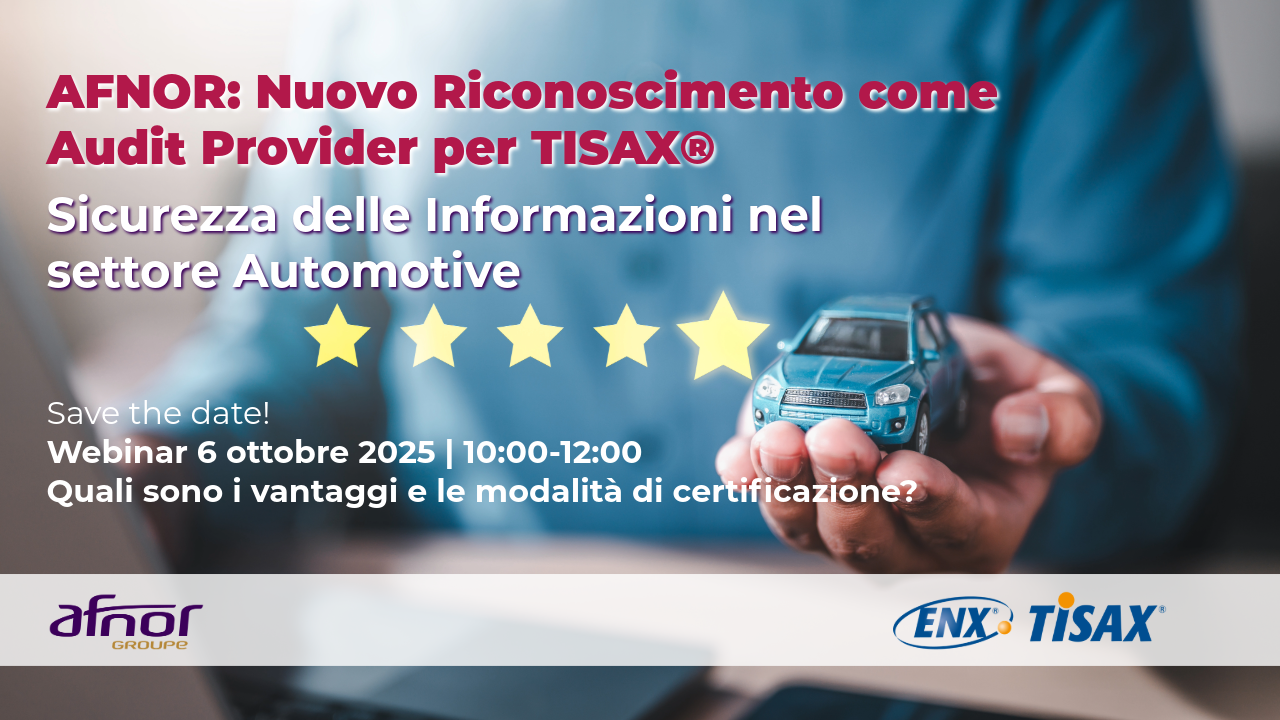For twenty years, the international standard ISO/IEC 27001 has been helping organizations worldwide to structure their information security management and strengthen their resilience in the face of cyber threats. Regularly updated, it has established itself as a benchmark tool in an environment marked by an ever-increasing number of regulations and the growing complexity of digital risks.
🌍 A voluntary, universal and recognized standard
Cybersecurity cannot rely on regulation alone. Alongside national or regional legal and regulatory frameworks, international voluntary standards play an essential role. Designed by and for market players, they offer a common language and proven practices. Among them, ISO/IEC 27001 is the essential management standard for information security. It provides information systems managers, as well as all relevant functions (quality, compliance, risk management), with a structured framework for :
- Identify and analyze risks,
- Define appropriate preventive measures,
- React effectively to incidents,
- Continuous improvement of safety devices.
🔒 A certifiable standard, a guarantee of confidence
Because it is a management system standard, ISO/IEC 27001 is certifiable. This means that organizations can demonstrate, through an independent audit, the robustness of their information security arrangements. This certification is a competitive advantage: it is increasingly required in international calls for tender, and helps to build trust with customers, partners and authorities. The number of certified organizations in all sectors is growing every year.
📈 C ontinuous evolution in the face of new challenges
Since its first publication in 2005, ISO/IEC 27001 has undergone several major revisions (2013, 2022) to incorporate technological developments, new threats and stakeholder expectations. In 2024, an amendment even introduced consideration of the impact of climate change on information security management systems (ISMS). This adaptability illustrates the enduring relevance of the standard and its role as a global reference.
🏭 Multi-sector adoption
Initially adopted by IT and cybersecurity players, ISO/IEC 27001 has spread widely to other sectors:
- Banking and insurance,
- Manufacturing industry,
- Public services and administrations,
- Health and research,
- Energy and critical infrastructures.
This diversity testifies to the universal value of the standard in protecting data and reinforcing digital confidence.
📊Retour sur quelques chiffres clés issus de l'ISO Survey (2025)
- Total number of ISO/IEC 27001 certificates worldwide: around 96,000 valid certificates in 2024, compared with 58,000 in 2021(+65% in 4 years).
- Geographical distribution :
- 🌏 Asia: over 40% of certificates (strong momentum in China, Japan, India).
- 🌍 Europe: around 35% of certificates (led by the UK, Germany and Italy).
- 🌎 Americas: close to 15% (growing United States, Brazil and Mexico).
- Sectors most represented :
- Information technology and digital services (≈ 50% of certificates),
- Banking/insurance and financial services (≈ 7%),
- Manufacturing industry (≈ 5%),
- Health and biomedical research (fastest growth).
🎓 AFNOR International, a partner in your approach
As an international certification and training body, AFNOR International supports organizations of all sizes and sectors worldwide on their journey towards ISO/IEC 27001 certification. Our missions are to train your teams in the requirements and best practices of the standard, and toaudit your management systems in order to deliver a globally recognized certification. In celebrating the 20th anniversary ofISO/IEC 27001, AFNOR International is reaffirming its commitment to promoting robust cybersecurity practices that are adapted to global challenges and provide confidence for the world's digital economy.
Read more :
